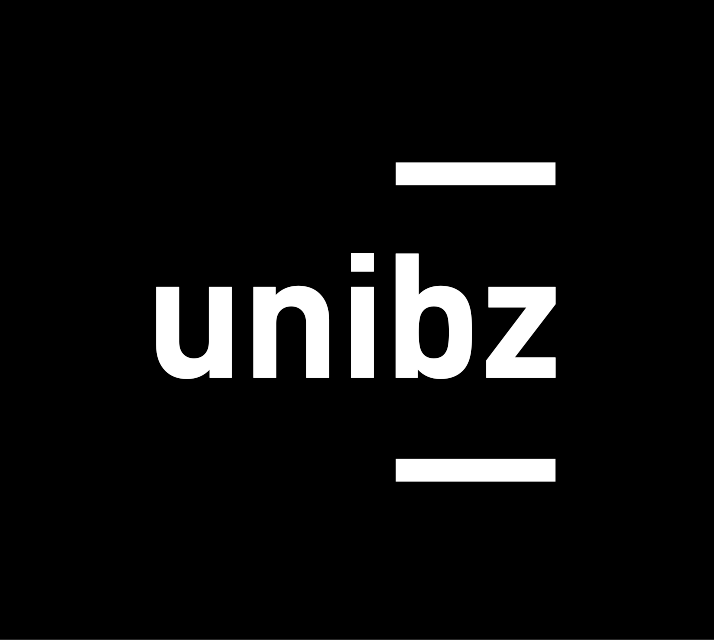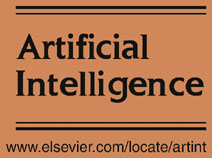Keynotes
Can Computers Create Art?
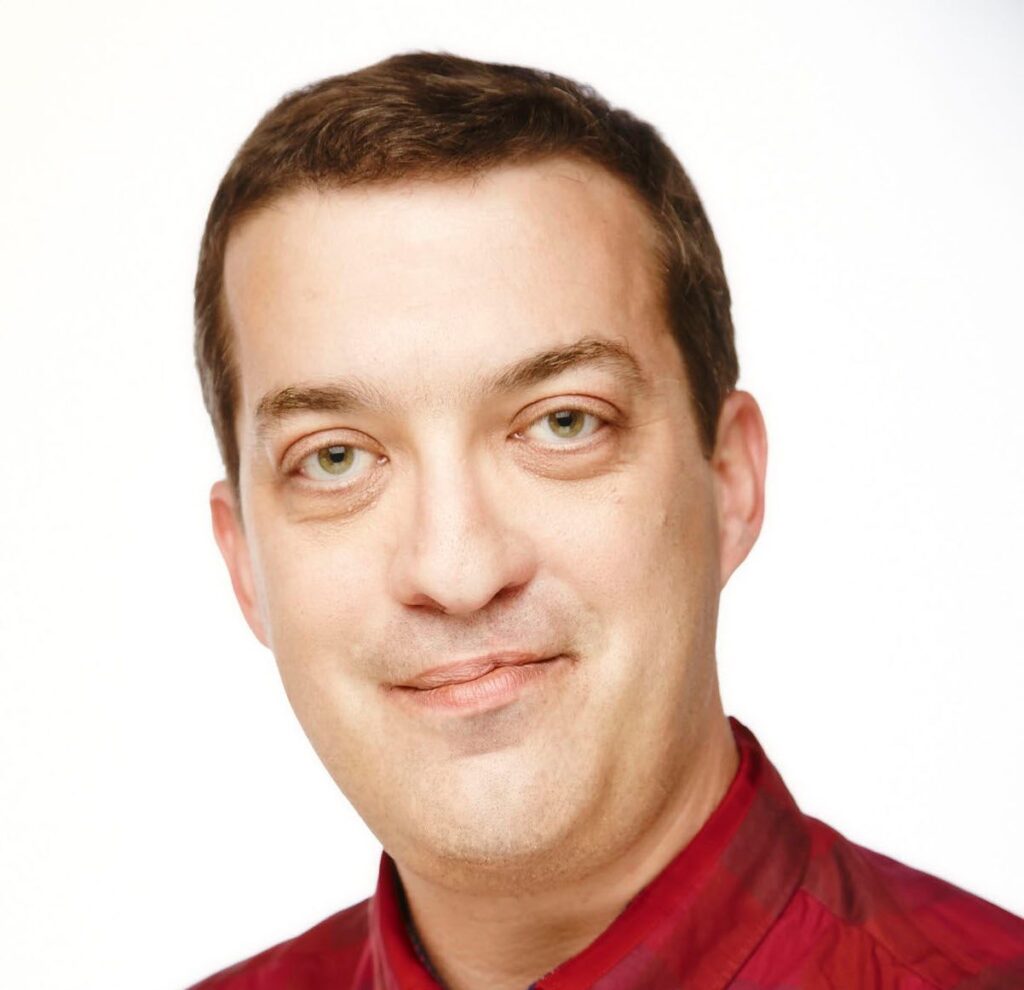
Abstract:
I discuss whether computers, using Artificial Intelligence, could be considered artists. I discuss some relevant history of technology in art and of conceptual art, and the current hype and reality of computer art tools. I will also discuss different scenarios for how an algorithm could be considered the author of an artwork. I argue that art is fundamentally a behavior of social actors, and discuss the implications for other current topics in digital art, including embodiment.
Aaron Hertzmann’s keynote is partially supported by Adobe Research.
Short bio:
Aaron Hertzmann is a Principal Scientist at Adobe and Affiliate Faculty at University of Washington. He received a BA in computer science and art history from Rice University in 1996, and a PhD in computer science from New York University in 2001. He was a Professor at University of Toronto for 10 years, and has also worked at Pixar Animation Studios and Microsoft Research. He has published over 100 papers in computer graphics, computer vision, machine learning, robotics, human-computer interaction, and art. He is an ACM Fellow and an IEEE Fellow.
Material Paratexts of Computer-Generated Literature
Allison Parrish
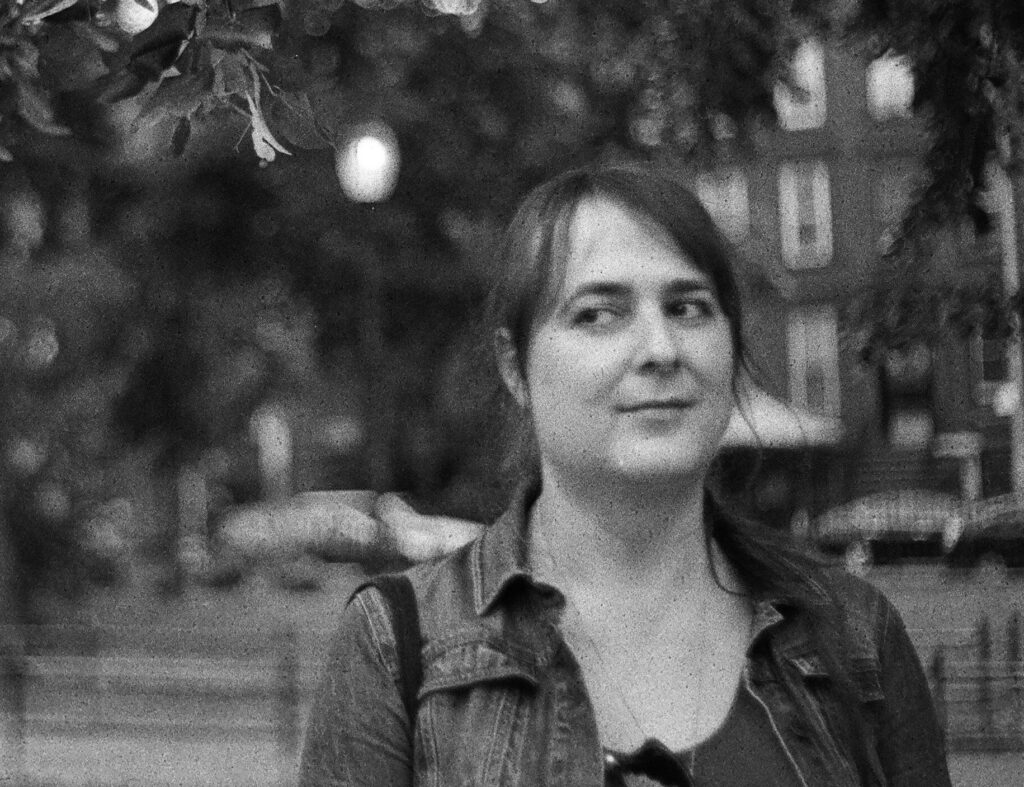
Abstract:
A paratext is an artifact that provides a “zone of transaction” between a text and the public. Paratexts in traditional literature include forewords, notes, bibliographies, jacket copy, and so forth. Gérard Genette, scholar of paratexts, declared that “a text without a paratext does not exist,” and I hold that computer-generated texts are not exempt from this axiom—though the shape and function of paratexts that surround computer-generated text are somewhat unusual. In offering observations on the varieties of paratexts that accompany computer-generated literature, I invite researchers and practitioners of computational creativity to consider the ways in which they must exert authorial control—whether or not they think of themselves as authors—and to envision their work as inescapably drawing from and responding to culture that surrounds it. Toward this end, I discuss the importance of material paratext: the ways in which the material history of computer-generated artifacts (corpora, labor, hardware, etc.) influence their reception. I also provide examples of paratextual predicaments that I’ve run up against in my own work as a computational poet, and discuss some of my solutions to those predicaments.
Short bio:
Allison Parrish is a computer programmer, poet, and game designer whose teaching and practice address the unusual phenomena that blossom when language and computers meet. She is an Assistant Arts Professor at NYU’s Interactive Telecommunications Program.
Allison was named “Best Maker of Poetry Bots” by the Village Voice in 2016, and her zine of computer-generated poems called “Compasses” received an honorary mention in the 2021 Prix Ars Electronica. Allison is the co-creator of the board game Rewordable(Clarkson Potter, 2017) and author of several books, including @Everyword: The Book(Instar, 2015) and Articulations (Counterpath, 2018). Her poetry has recently appeared in BOMB Magazine and Strange Horizons.
Allison is originally from West Bountiful, Utah and currently lives in Brooklyn.
Biometrics, AI, Embodiment, Performative Practices and the Speculative Future
Ellen Pearlman
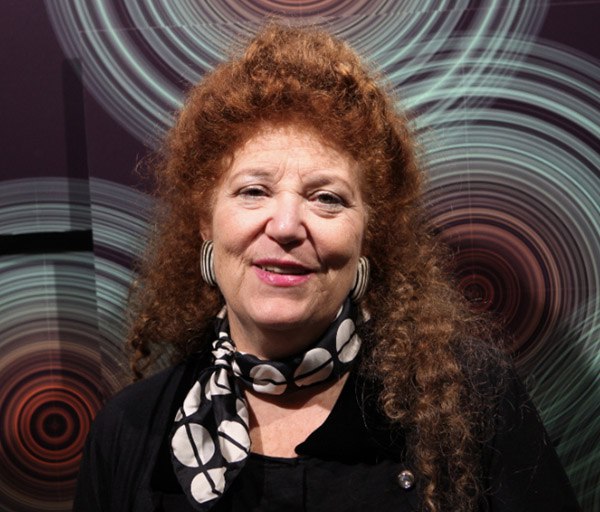
Abstract:
As new technologies develop at an accelerating rate, what can artistic and performative practice reveal to us about ourselves and the future? This presentation looks atl “Noor – A Brainwave Opera : Is There A Place In Human Consciousness Where Surveillance Cannot Go?’, “AIBO: An Emotionally Intelligent Artificial Intelligence Brainwave Opera – Can An AI Be Fascist?” and the work in progress “Language Is Leaving Me: An Opera Of The Skin – Can An AI Have Epigenetic Or Inherited Traumatic Memory”. Using paired aspects of biometric sensing, AI, cloud services, natural language processing, semantic analysis, databanks of visual, taxonomic and sonic information, signal process and human computer interaction Dr. Ellen Pearlman will discuss the role of artistic practice in helping to shape the speculative future.
Short bio:
Dr. Ellen Pearlman is a new media artist, curator, critic and educator. She is an MIT Research Fellow, both a Fulbright Scholar and a Fulbright Specialist in Art, New Media and Technology, a Vertigo STARTS Laureate, a ZeroOne American Arts Incubator/U.S. State Department Artist, an Senior Research Assistant Professor at RISEBA University in Latvia, as well as Director and Founder of ThoughtWorks Arts, a global research and innovation lab.
A Catchy Title
Oliviero Stock
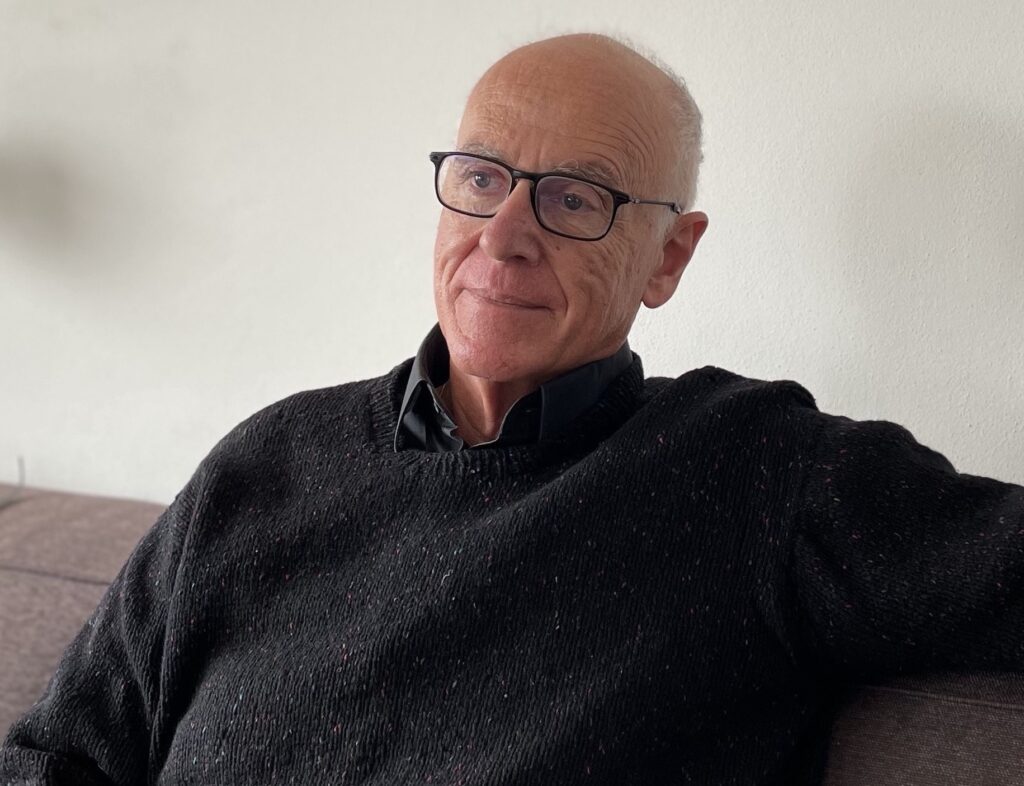
Abstract:
Humor and wit are necessary for the survival of our species. It is now natural to try to deal with them computationally. Computational verbal humor started in the first half of the Eighties of last century and, similarly to most natural language processing, has more recently embraced ML techniques, which have yielded good results, but may not be a panacea. Yet there are areas that open up not too far application prospects. An important such area is computational persuasion, that gives value to the use of “wit with a purpose” (for example producing attractive headlines, or – not necessarily commercial – ads). Some exploratory work of our own, especially concerned with getting targets’ attention and recall, will be briefly discussed, with attention to evaluation. Finally, looking at the future, ethical issues must be considered seriously.
Oliviero Stock’s keynote is sponsored by EurAI.
Short bio:
Oliviero Stock is an FBK Distinguished Fellow. He has been at FBK-irst, Trento, since 1988 and has been its director from 1997 to 2001. His activity is in artificial intelligence, mainly natural language processing, intelligent user interfaces, cognitive technologies, technology for cultural heritage appreciation, computational humor, computational ethics. He is the author of over two hundred and seventy peer-reviewed papers and author or editor of twelve volumes, has been a member of the editorial board of a dozen scientific journals, and a keynote speaker at over eighty conferences. O.S. has been Chairman of the European Coordinating Committee for Artificial Intelligence (ECCAI, now EURAI), President of the Association for Computational Linguistics and President of AI*IA, the Italian AI Association. Member of the Committee for the Best European AI Dissertation Award (2008-2015) established by ECCAI, member of the Scientific Advisory Board of DFKI, the German Research Institute for AI, (2004-2019). He is an EURAI Fellow, a AAAI Fellow and a DFKI Fellow. In 2019 he received a doctorate honoris causa from the University of Haifa. Also: currently he participates to the Digital Humanism movement.
Note: this bioblurb was NOT prepared by a creative computational system.

